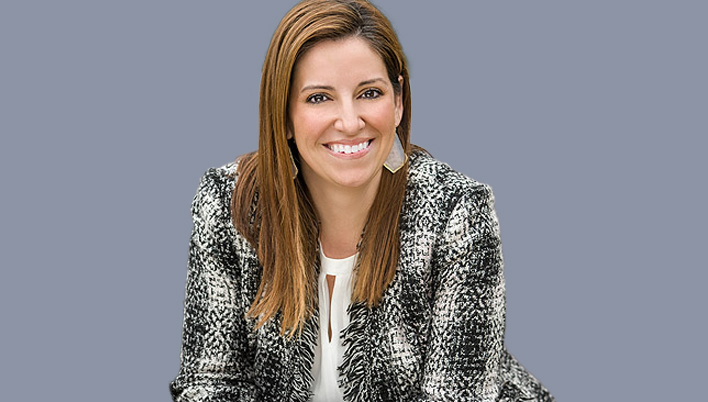April is Financial Literacy Month. It’s a great time to raise awareness about financial wellness and spread essential financial knowledge about often-overlooked topics such as managing money, paying down debt, and saving money for unexpected expenses or retirement.
The Pitfalls of Poor Financial Planning
In the Federal Reserve’s latest report on the economic well-being of U.S. households, only 85% of adults said they could pay all of their current month’s bills in full. In the event of an unexpected $400 emergency expense, approximately 3 out of 10 adults would be unable to pay using cash, savings or a credit card paid off at the next statement. The Fed’s Changes in U.S. Family Finances from 2016 to 2019 report shows that less than 40% of families in the bottom half of the income distribution participate in a retirement plan. And 37% of business owners lack the profits to save for retirement, according to data gathered by SCORE.
The First Steps Toward Financial Health
As Houston’s largest community bank, we’re committed to helping Houstonians understand—and take control of—their financial health. It’s never too soon (or too late) to start thinking about money management. Here are a few simple steps you can take to build stronger financial habits for yourself or for your business.
- Set Specific, Measurable Goals
What are your short-, mid- and long-term business or personal goals? Do you want to start an emergency fund? Invest in new equipment? Pay off an existing business loan? Put more money toward your retirement? Be as specific as possible and be sure to set a time limit. This gives you a finish line and helps create the step-by-step plan needed to reach your goal. Don’t forget to write them down—studies have shown you’re 42% more likely to achieve goals you’ve written down.
- Start Keeping Track Of Your Spending
Whether you decide to track monthly expenses yourself, hire a bookkeeper or sync up to an expense tracker like our Personal Finance Management (PFM) tool, it’s important to connect all of your accounts and categorize all your spending so you can visualize how much money is coming in, how much you’re spending and how you can save. For example, one easy way to reduce unnecessary expenses is by cancelling any subscriptions or memberships that you aren’t using anymore and may have forgotten about. - Make Small Changes
Small changes add up. Over time, tiny behaviors have the potential to become sustainable, healthy habits. While making a drastic change in spending may sound overwhelming, making small spending or behavior changes can make changes easier. When you reach a small, short-term goal, it gives you a much-needed psychological boost that makes saving feel rewarding—reinforcing the habit. You can start small by making sure to turn off equipment when you’re not using it. Going paperless to pay bills, receive invoices, and check bank statements will also save you time and money. Before you know it, you’ll start to see those savings on your bottom line.
- Check Your Credit Report
You can get your free credit report from all three major credit bureaus every year. Your credit scores and credit reports can give you a snapshot view of your overall financial situation. Make sure to review them for accuracy and correct any errors you find. As identity theft and data breaches become increasingly common, it’s crucial to keep an eye on your credit report and protect yourself from fraud. In your personal life and in business, maintaining healthy credit makes it easier to get approved for loans when you need them.
Banking Tips for Businesses
Financial wellness isn’t just for individuals. For business owners, it’s important to have money set aside for unplanned expenses, future business projects and taxes. While it’s tempting to invest most of your money back into your business, you need to plan to have some easily accessible liquid funds to cover your expenses during an emergency, such as an unexpected slow season or business downturn.
Remember, financial health isn’t a “one-size-fits-all” approach. The strongest solutions are the ones that work for you long term. Explore all of Stellar Bank’s financial resources designed to meet any banking needs you have. Contact a Stellar Banker to discuss our financial options and discover how our full-service banking solutions can help you meet your goals.
For more information about financial literacy, visit our Financial Literacy Resources page.




